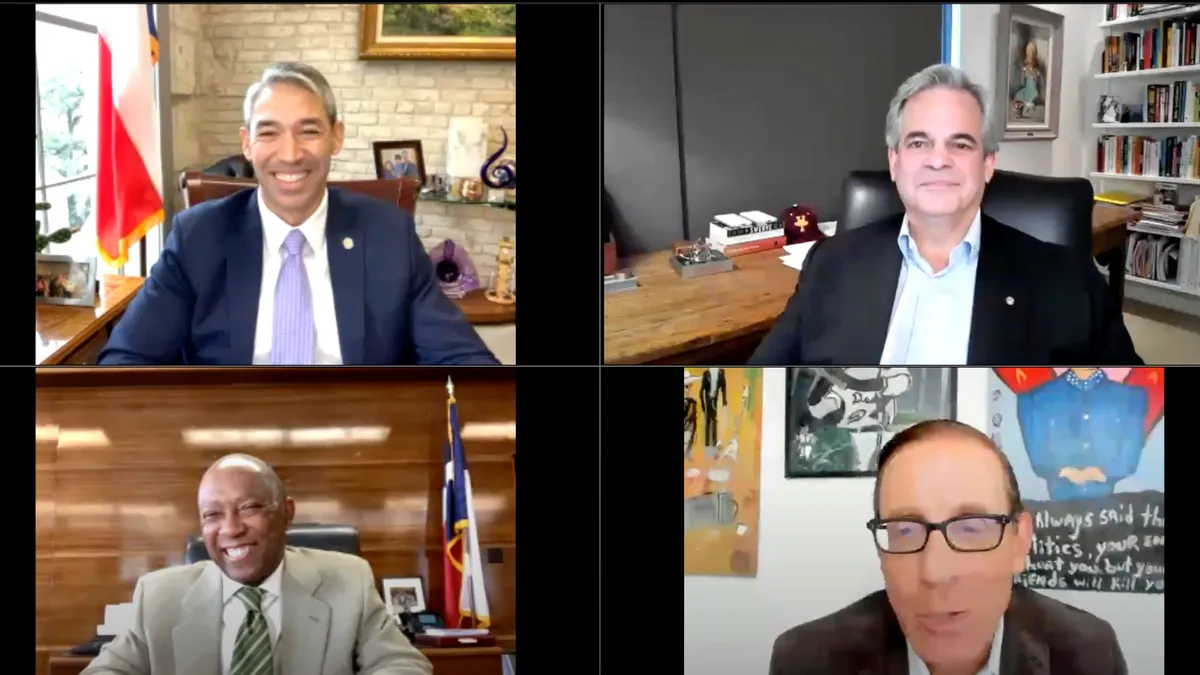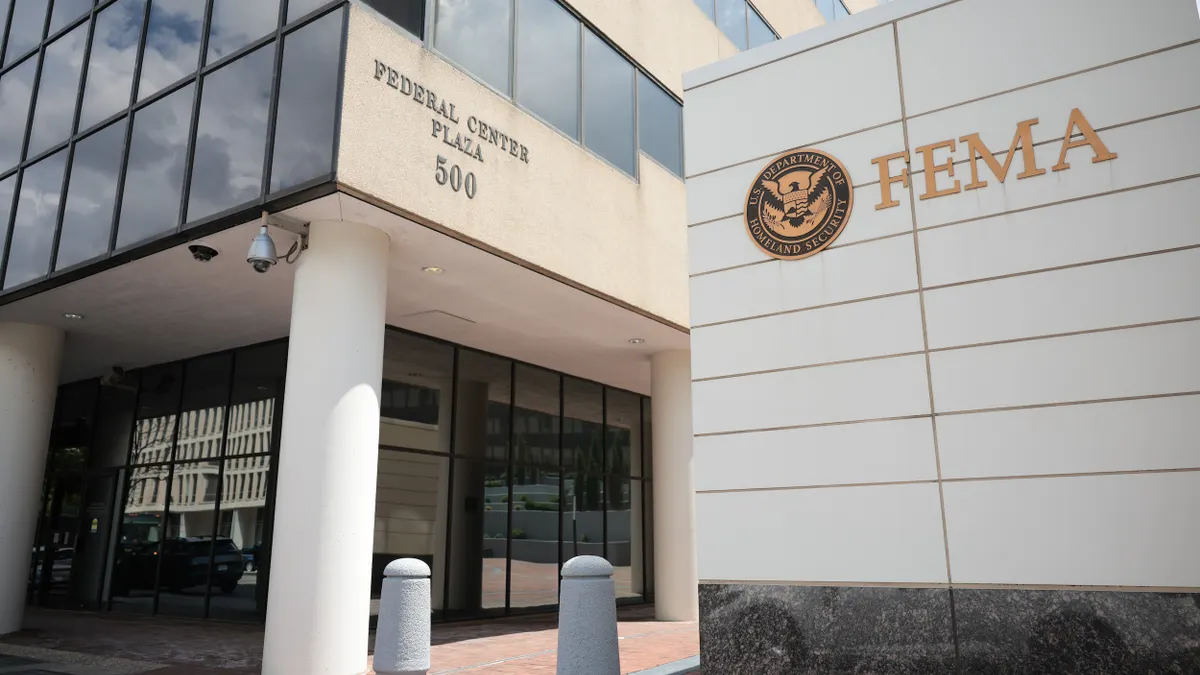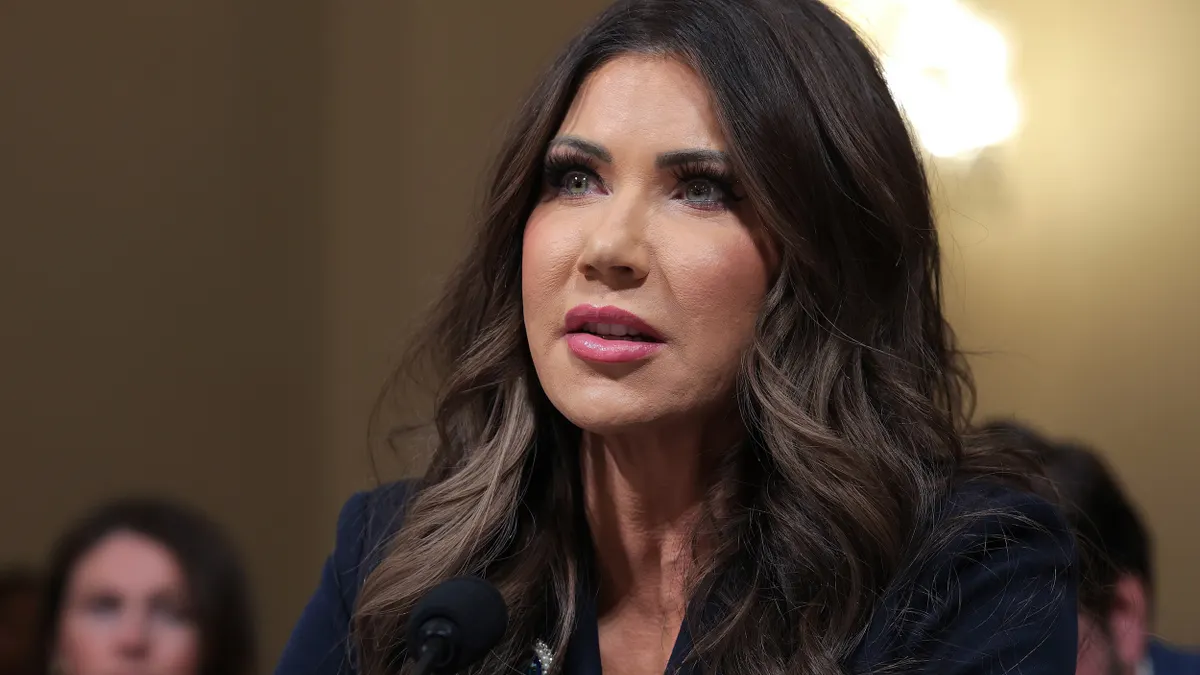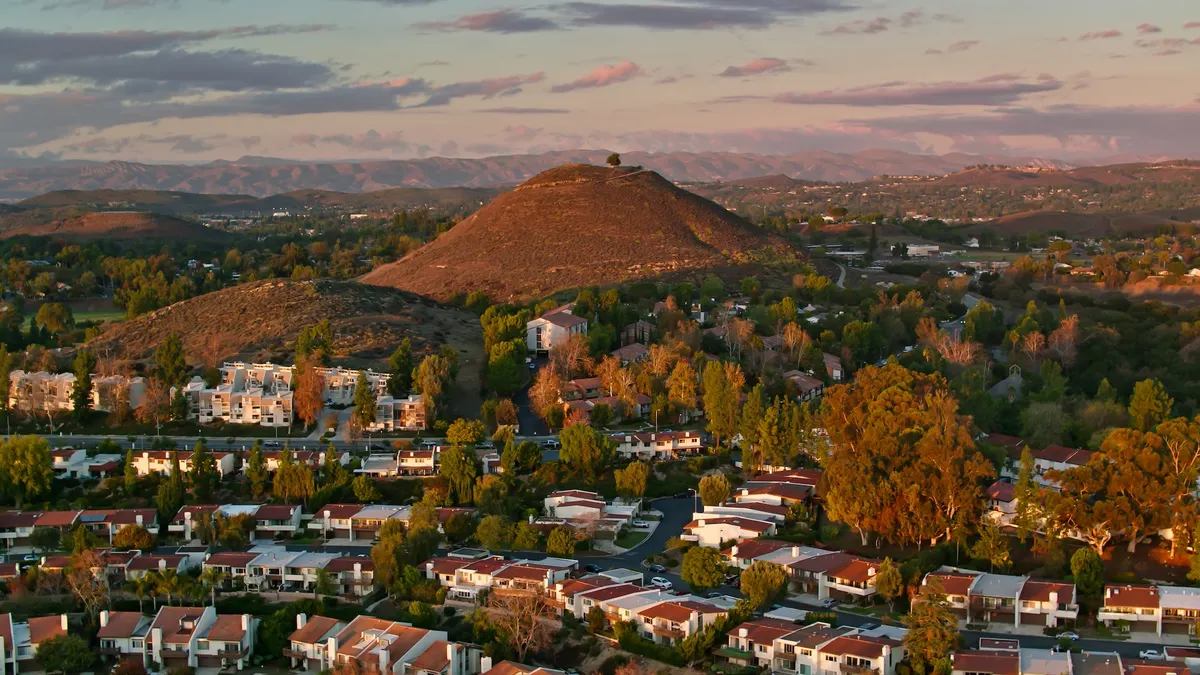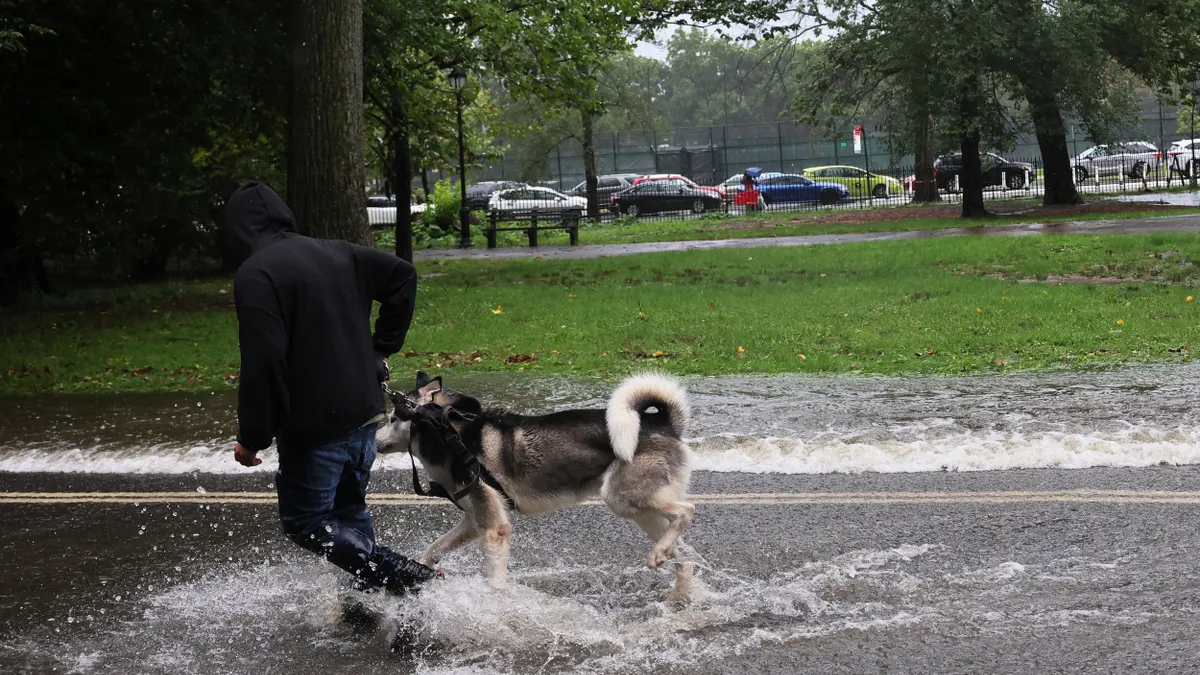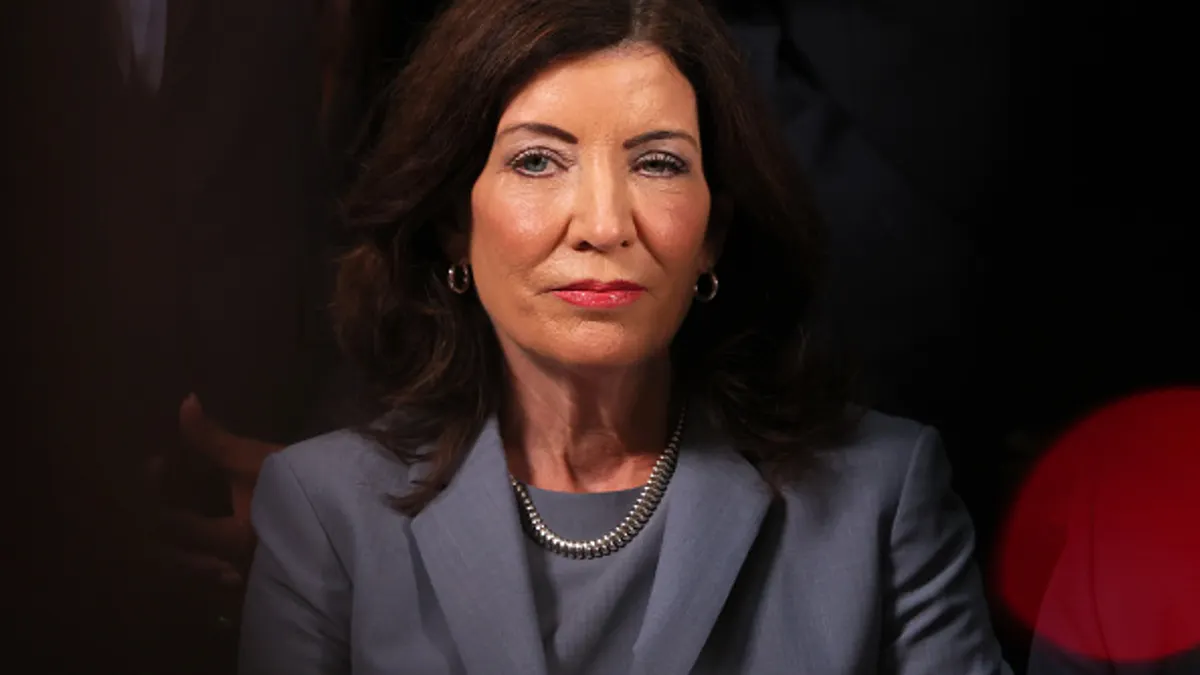As the nation grapples with economic depression, social justice challenges and health disparities in the wake of the new coronavirus (COVID-19) and racial equity demonstrations, there is one common factor for local governments to prioritize on the November ballot: climate change.
This was the sentiment of Texas mayors Steve Adler (Austin), Sylvester Turner (Houston) and Ron Nirenberg (San Antonio) during a virtual discussion on Wednesday, in which the leaders addressed questions regarding local governments' approach to climate change in Texas and how it fits into the current political environment statewide.
The conversation, moderated by Texas Tribune CEO and Co-Founder Evan Smith, is part of a Climate Mayors-hosted leadership series on prioritizing a green and equitable COVID-19 recovery. Texas faces a number of unique historical challenges as the nation's "oil and gas state," which makes it a key location for the evolution of climate leadership, said Climate Mayors Director James Ritchotte.
Aside from Austin, Houston and San Antonio, the mayors of Dallas, San Marcos and Smithville are also members of Climate Mayors.
And though Texas governments and corporations have not always been keen on addressing climate challenges, the mayors agreed the events of 2020 have created a "moment of reckoning" in the state — and action on climate must be taken immediately.
The common denominator
To kick off the conversation, Smith posed what he called a "snotty and provocative" question: As the nation struggles through an unprecedented health crisis and an economic collapse, "who gives a rip about climate in the middle of this?"
"Everyone," Turner responded. He explained how all of these issues are interrelated, with climate serving as a horizontal factor that exacerbates the effects of COVID-19 and racial injustice that some marginalized communities may feel. The populations disproportionately impacted by hurricanes sweeping over Houston are also those disproportionately impacted by the risks of viral transmission or the loss of sales tax revenue, Turner said.
"The pandemic has brought into clarity a lot of the underlying issues of our community," Nirenberg echoed. "We see the social determinants of health through the lens of climate action and that’s something that's been abundantly clear [amid COVID-19]."
But linking climate to such economic and health issues was not a popular political platform in years past, Turner explained. "Years ago, you would have been reluctant to find corporations joining with the municipality talking about a climate action plan. And years ago, you would've been reluctant to have the mayor of the City of Houston, energy capital of the world, talking about a climate action plan," he said.
The destruction of Hurricane Harvey in 2017 changed that, forcing Houston's leaders and business owners to see climate action as a tool for economic and public health. Now, it's in "everybody's best interest" to accept the reality of climate change and work together in solving it, Turner said.
Austin has seen a similar shift in community-wide action on climate change, Adler said, noting that companies want to hire a workforce that lives "in a city that is progressive."
"The economy isn't good here despite our positions on the environment and climate change. It's because of that," he said.
Looking ahead to November
With just two months until the 2020 general election, Texas mayors are pushing for the public to recognize the critical importance of voting, not only for presidential leadership but also for local measures that will shape the next decade of climate action in the state.
"This is a reckoning. This is a moment. There is a fork in the road and people get to pick," Adler said. "I am encouraged by how many people I think are going to vote in November. I think the participation level is going to go through the roof, and what I’m most excited about is the number of young people that apparently are going to vote."
Adler pointed to a recent Austin election in which 40% of voters were under the age of 40, indicating a contrast to what he described as the historical trend of people over 55 controlling the city's policies.
This potential young voter turnout could help advance a number of Austin's ballot measures that will have significant implications on climate action. A December 2019 survey from the U.S. Conference of Mayors found 80% of voters ages 18 to 29 believe global warming is "a major threat to human life on earth as we know it."
One of those Austin ballot initiatives is a $7 billion tax measure to establish a regional mass transit system, which Adler said would be the city's "largest single investment in preserving climate." If passed, the measure would impose an 8.75-cent tax rate to fund the construction of a downtown subway system, multiple light rail lines and new bus routes, all to increase public transit service and take personal cars off the roads.
The ballot measure would also fund $300 million for anti-displacement efforts to ensure capital infrastructure improvements do not spark gentrification trends that negatively impact existing communities, Adler said. He noted that "climate gentrification" is a very apparent issue in the city, therefore leadership must make a conscious effort to sustain communities.
Another climate-related measure to be seen on the ballot in November includes an effort in San Antonio to pass a 1/8-cent sales tax that would increase operational efficiencies and bandwidth of VIA Metropolitan Transit. This measure could advance the city's climate goals and address equity issues that are often exacerbated by climate, Nirenberg said.
Nirenberg pointed out the potential irony of a large young voter turnout amid an election with "two of the oldest nominees that we've ever had in the nation at the top of the ballot," but said it will also be important for voters to elect a federal partner who can assist local governments in these climate initiatives.
"On the issue of climate change, the choices couldn’t be clearer," Nirenberg said. "This, among other issues, makes it the most consequential presidential election of our lifetimes."



